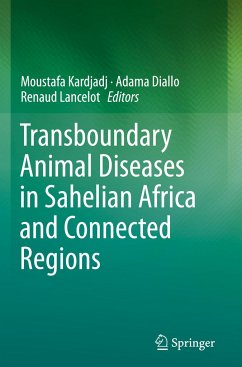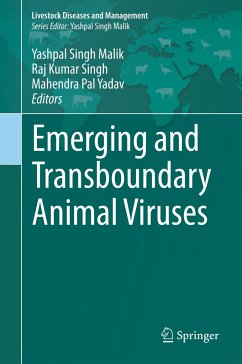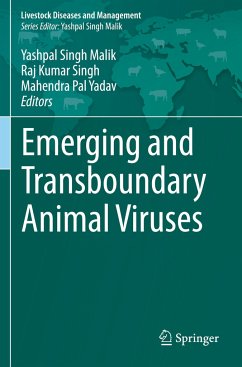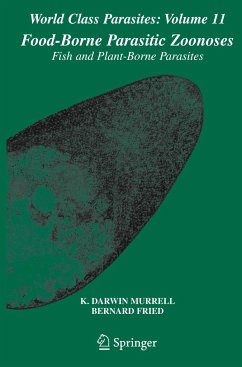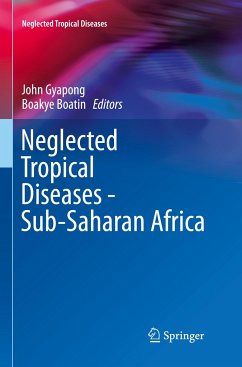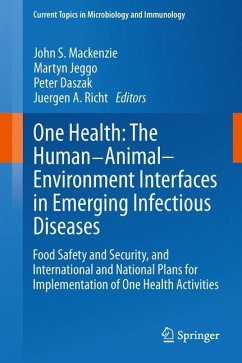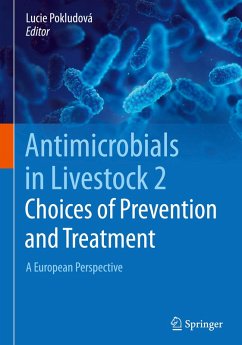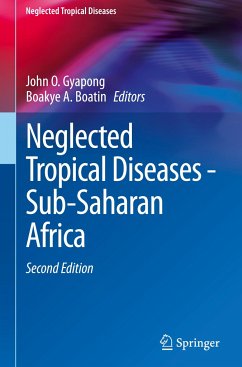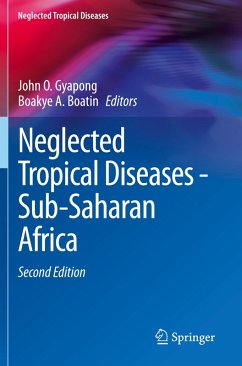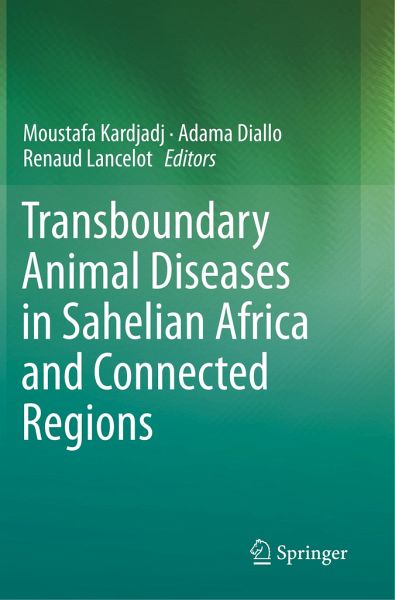
Transboundary Animal Diseases in Sahelian Africa and Connected Regions
Versandkostenfrei!
Versandfertig in 6-10 Tagen
113,99 €
inkl. MwSt.

PAYBACK Punkte
57 °P sammeln!
This book primarily focuses on the African Sahel region, shedding new light on the epidemiology, socio-economics, clinical manifestations and control approaches of transboundary animal diseases (TADs) in this specific region. In addition to the description of TADs in Sahelian Africa and connected regions, several issues regarding the burden of TADs, the role of national/regional/international veterinary organizations in the surveillance process, animal mobility, one health and TADs in the dromedary are discussed.The book contains 22 chapters and is structured in three parts, i- general feature...
This book primarily focuses on the African Sahel region, shedding new light on the epidemiology, socio-economics, clinical manifestations and control approaches of transboundary animal diseases (TADs) in this specific region. In addition to the description of TADs in Sahelian Africa and connected regions, several issues regarding the burden of TADs, the role of national/regional/international veterinary organizations in the surveillance process, animal mobility, one health and TADs in the dromedary are discussed.
The book contains 22 chapters and is structured in three parts, i- general features and commonalities, ii- viral diseases, iii- bacterial diseases. Each chapter was written by a group of experts specialized in the topic. This work will be of general interest to researchers, veterinarians, veterinary public health officers, and students engaged in the surveillance and control of animal infectious diseases, included those of zoonotic nature and that are prevalent in the Sahel.
The book contains 22 chapters and is structured in three parts, i- general features and commonalities, ii- viral diseases, iii- bacterial diseases. Each chapter was written by a group of experts specialized in the topic. This work will be of general interest to researchers, veterinarians, veterinary public health officers, and students engaged in the surveillance and control of animal infectious diseases, included those of zoonotic nature and that are prevalent in the Sahel.



